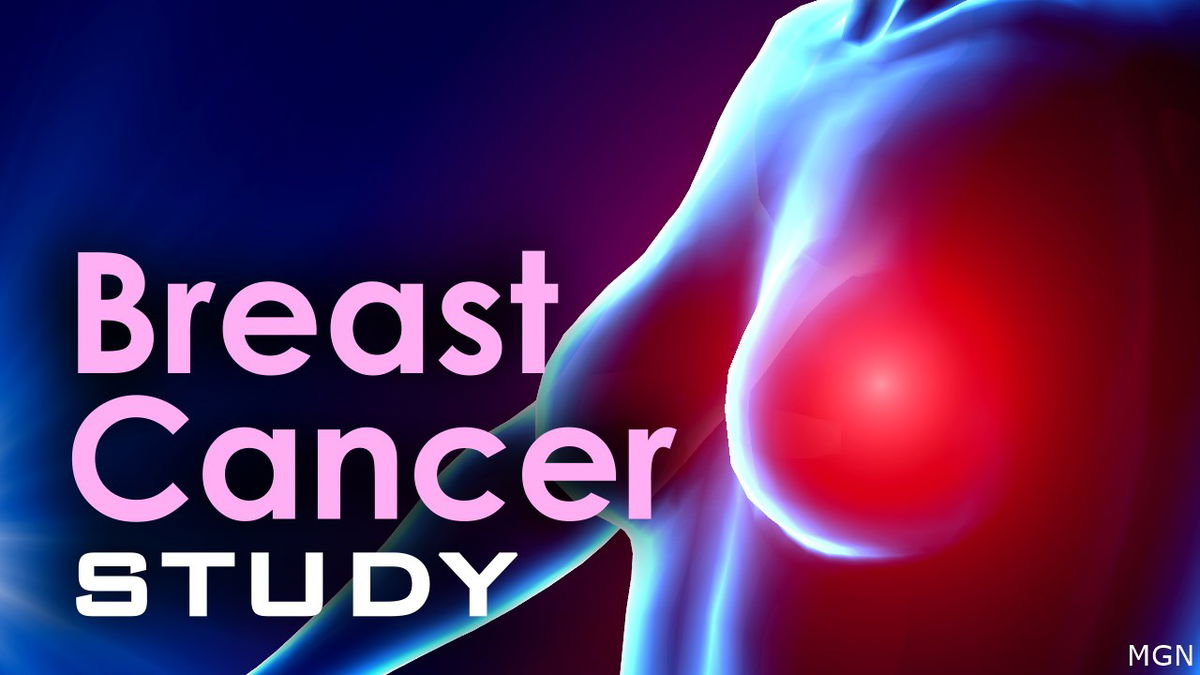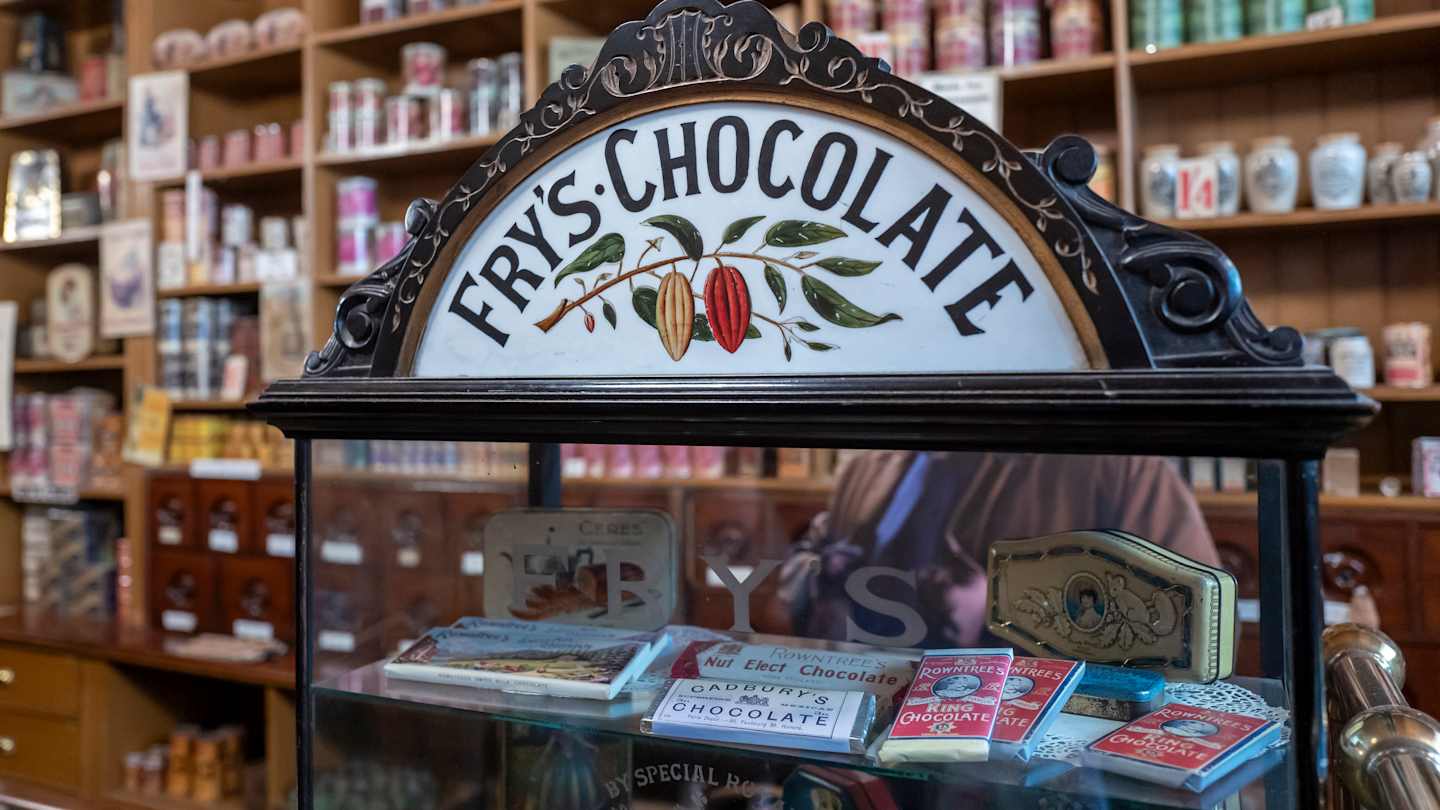Breast Cancer Awareness Month is here again in October, and it brings to light a recent study that has significant implications for our health. The study has revealed that almost 200 chemicals associated with breast cancer are used in the process of manufacturing food packaging and various types of plasticware.
This disconcerting discovery has sparked significant dialogue in the medical community and among the public. It’s important to note that these chemicals aren’t confined to the plastic products they’re part of. The study indicates that it’s possible for these potentially harmful chemicals to find a way into the human body. Here, they might increase one’s risk of developing breast cancer.
It’s not hard to grasp the magnitude of the issue, given the widespread use of plastics in our daily lives. From the to-go cups of our favorite coffee shops to the convenience of ready-to-eat meals, plastics and food packaging are everywhere. They’re integral parts of our modern, fast-paced lifestyles. In fact, without us realizing it, these products are quietly becoming a part of us – in ways more than just metaphorical.
The implications of the study are further underscored by the rising rates of breast cancer. Breast Cancer Awareness Month offers a timely reminder of this serious health concern affecting millions of people globally. It highlights the importance of research, like the aforementioned study, that’s geared towards understanding and finding ways to combat the disease.
One expert, who has been closely examining this study, is Dr. Neha Sharma, a medical professional held in high regard. Though there are still unanswered questions concerning the ramifications of these findings, Dr. Sharma believes that further investigation is warranted.
While the medical community works on unraveling the details, it’s essential for the public to engage in informed discussions and seek knowledge. Understanding the issue at hand is the first step to making conscious choices that prioritize health and wellbeing.
The results presented by the study may initially provoke anxiety, but they can also usher in positive change. It’s a call to action – for individuals to make healthier choices, for manufacturers to reconsider their materials, and for regulatory bodies to enforce stricter standards on chemical use.
Sharing this information and raising awareness can push for meaningful changes and practices. As consumers, we can make a significant difference by making more informed choices about what we consume and use.
Moreover, given the impact these outcomes may have, Breast Cancer Awareness Month serves as an apt platform to address this. It’s a time for us all to renew our commitment to understanding, preventing, and fighting breast cancer. There’s no denying it – knowing more helps us do more, and doing more enables us to live healthier, better lives.
Breast Cancer Awareness Month isn’t about scare tactics or reactionary responses, but about using knowledge to effect meaningful change. So, as we navigate through this month dedicated to breast cancer awareness – remember that awareness is the first step towards prevention. Let’s continue to seek knowledge, engage in discussions, and make informed choices – for ourselves, and for those around us.



